
- Article
- Article
Thalidomide, a bitter pill
Hear from some of the women who took the drug thalidomide over sixty years ago about the fear, isolation and grief that they experienced as the appalling pharmaceutical scandal unfolded around them.

- Article
- Article
Leaving Mexico and finding refuge in hope
In Mexico, violence of all kinds – organised, street, domestic – is accepted as normal. From the UK, Laura Morales speaks out and fights to help those suffering back home.
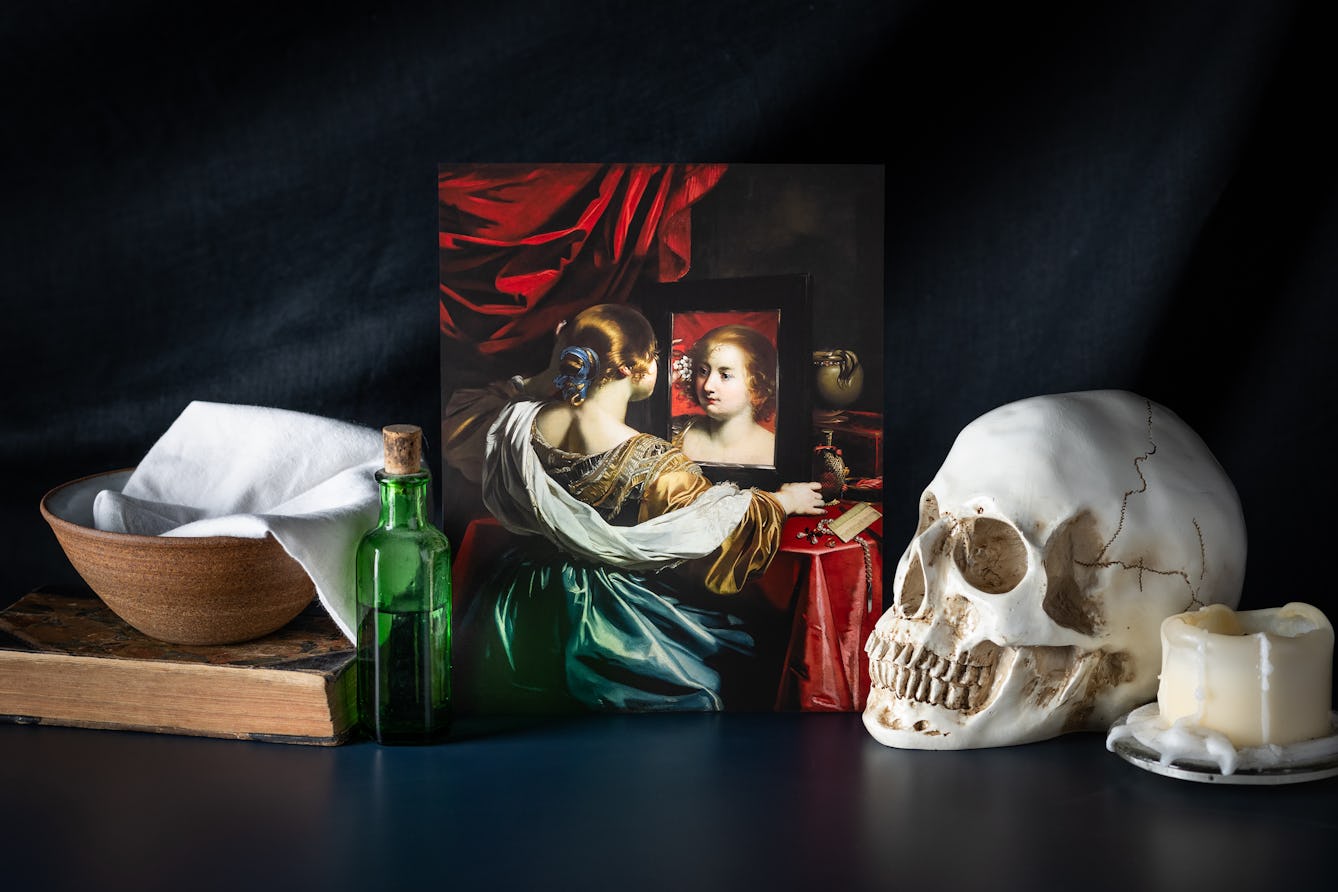
- Book extract
- Book extract
Renaissance women and their killer cosmetics
In this extract from ‘How to be a Renaissance Woman’, Jill Burke delves into a complex world of beauty products, poison and patriarchy – and reveals the impossible contradictions of femininity faced by 16th-century women.
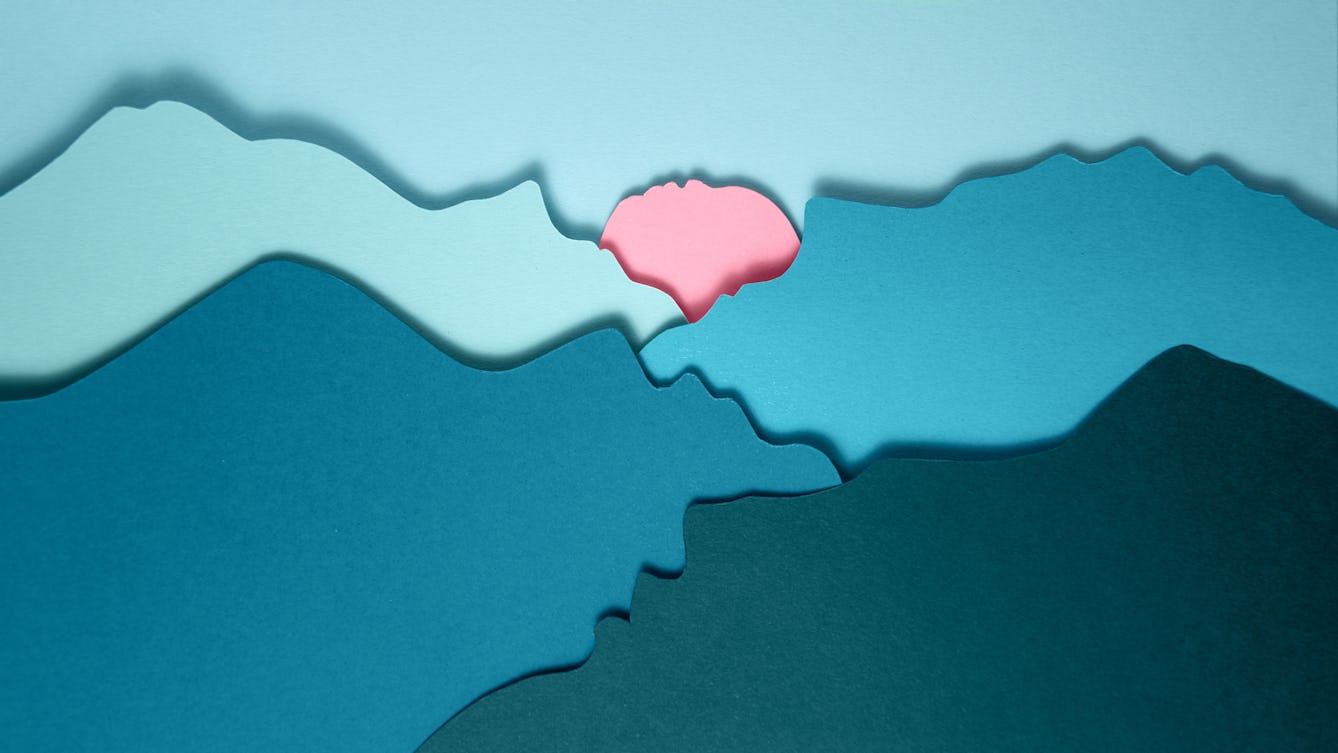
- Podcast
- Podcast
Tranquillity
Moya Lothian-McLean asks: when was the last time you felt utterly tranquil?

- Article
- Article
Can our sexual desires be transformed?
In the 1950s, many psychiatrists thought that homosexuality could be reformed. One found that it couldn’t – and his discoveries led to a change in the law.

- Article
- Article
Searching for a place to call home
Wherever she’s lived, Tanya Perdikou has rarely felt at home, and numerous moves have perpetuated a sense of disconnection. But signs from nature offer powerful moments of connection.
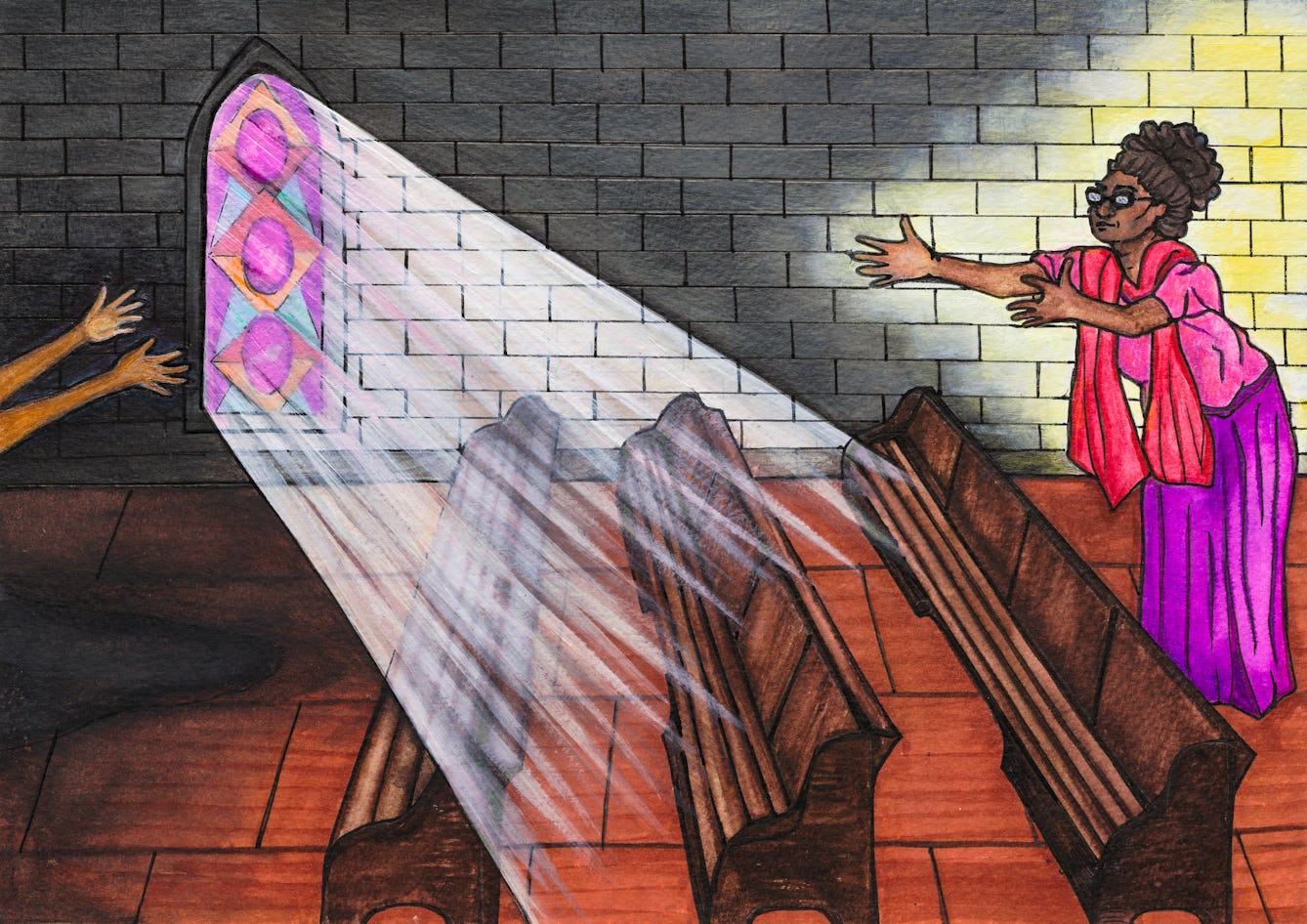
- Article
- Article
Religion and mental health
At a time of extreme distress, Jamila Pereira found that the faith she had relied on was failing her. Here she describes how she found other ways to begin healing and finding happiness.
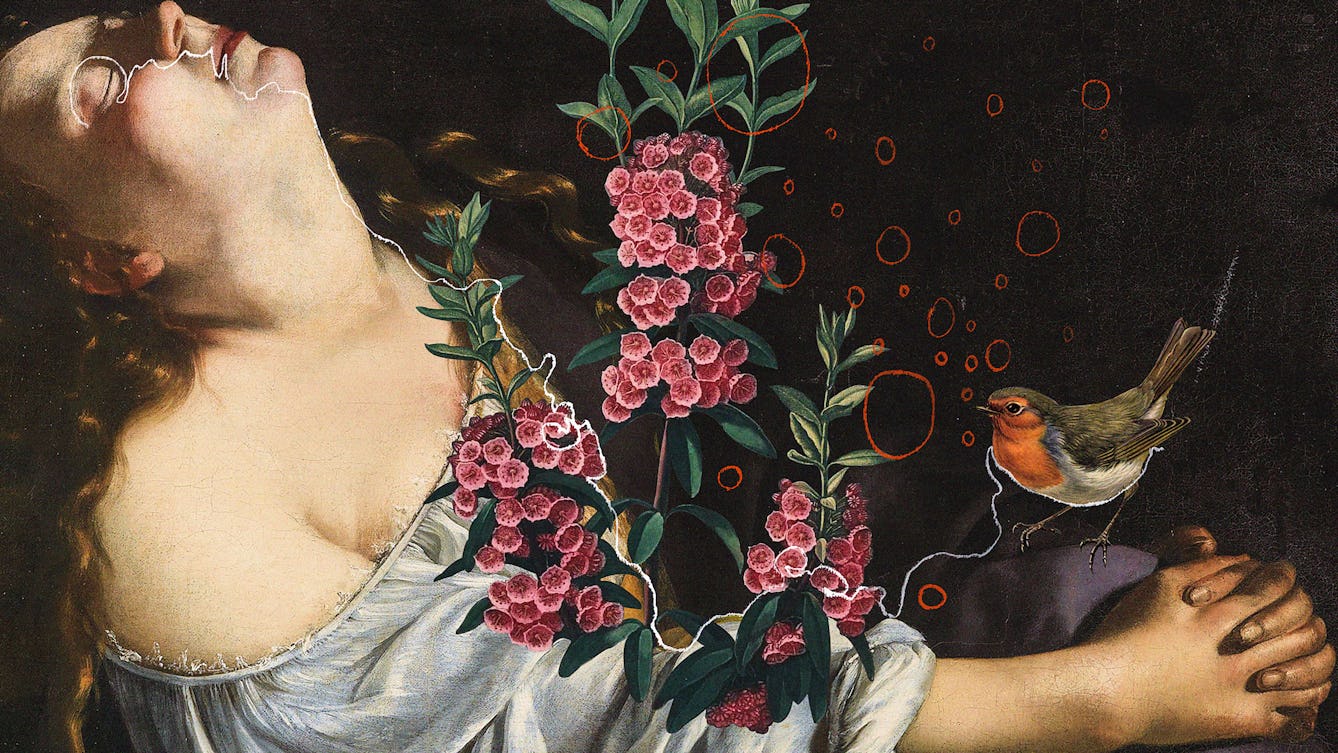
- Book extract
- Book extract
Dangers inside and out
Eimear McBride reflects on the deadly consequences of misogyny in the wake of the murder of Sarah Everard and argues why advising women to simply “stay indoors” is wrong.

- Article
- Article
Why do victims become violent?
Witnessing both overt violence and coercive control can cause invisible harm to children. But preventing them from repeating that behaviour in the future remains a challenge.
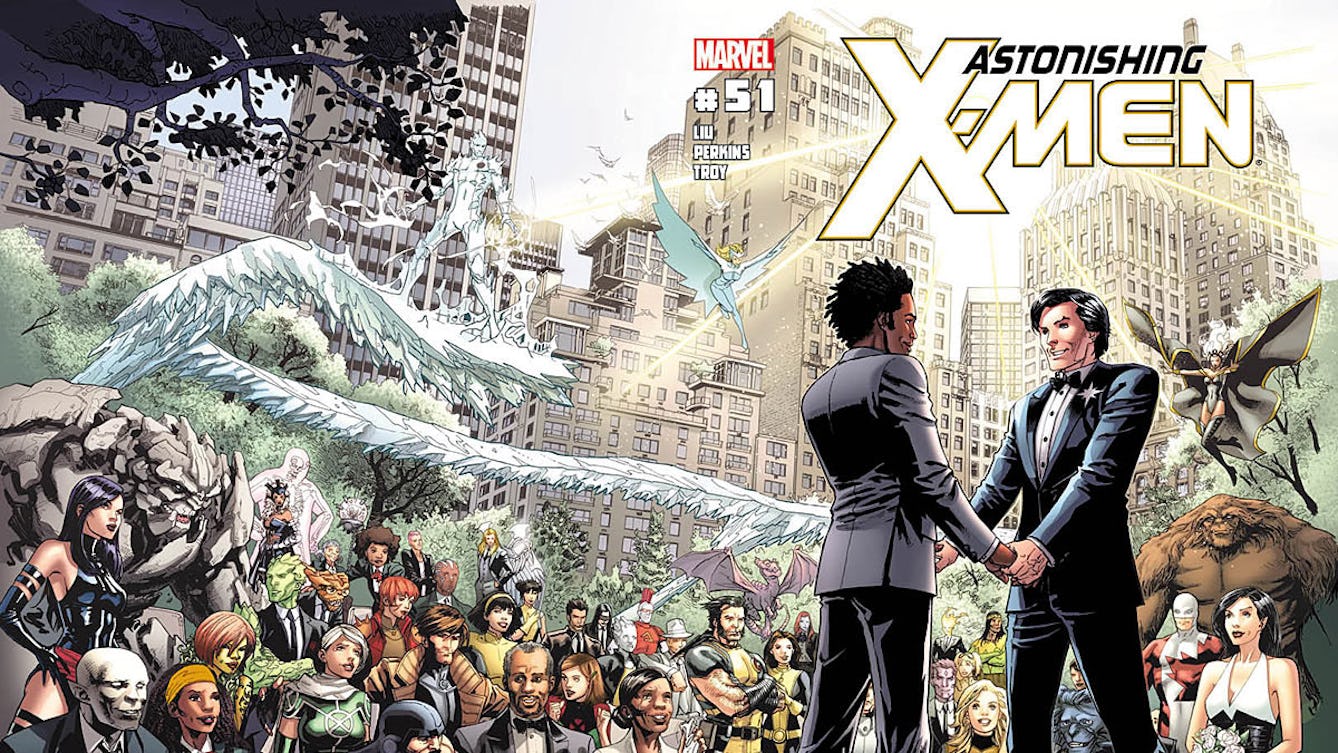
- Article
- Article
Sex in graphic novels
Sex and sexuality have long been explored in the history of the graphic novel.
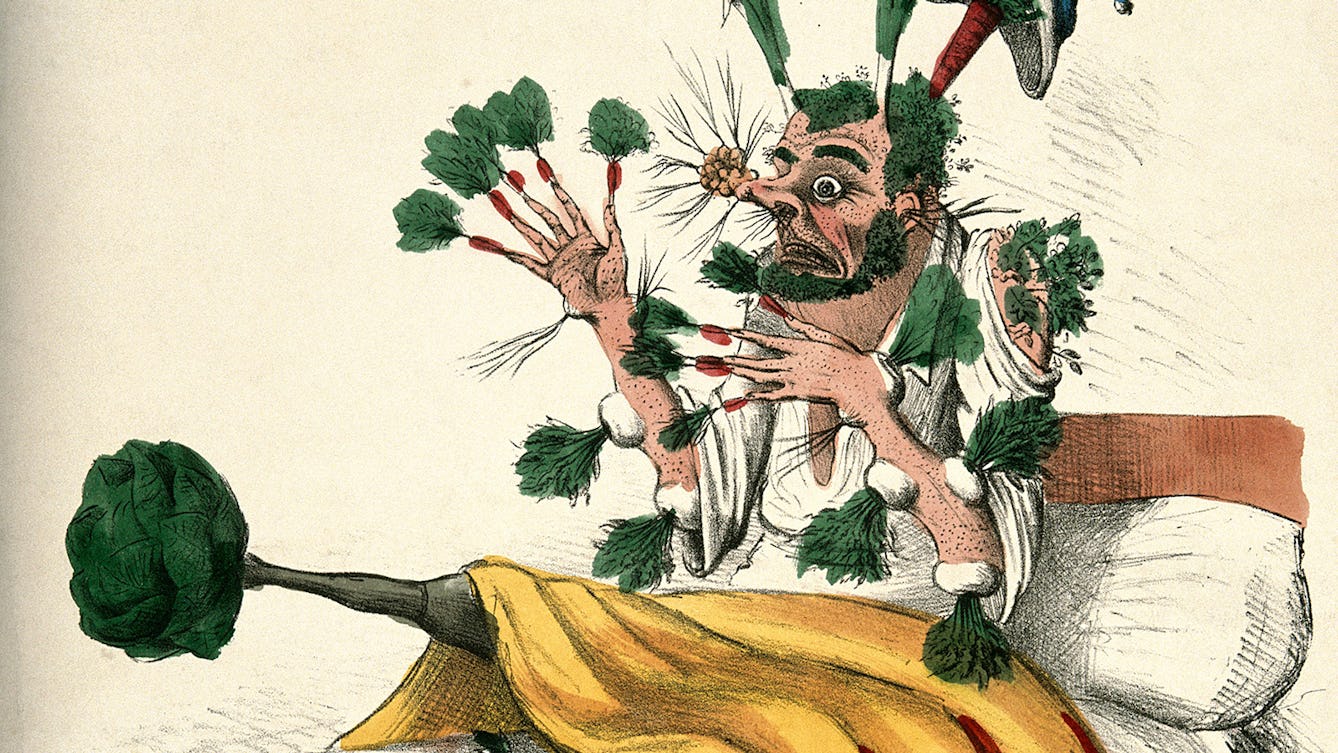
- Article
- Article
Graphic battles in pharmacy
James Morison’s campaign against the medical establishment inspired a wave of caricatures mocking his quack medicine.

- Article
- Article
Where does violence come from?
The popular understanding of certain ideas in psychology have become so embedded that it’s easy to blame the parents when a young person commits a crime. Laura Bui looks to the past for evidence.

- Article
- Article
Disability, education and prejudice
In the 1960s and 1970s, thalidomide survivors had to fight for a proper education. If they weren’t brought up in institutions, they were often viewed as objects of curiosity, encountering verbal and sometimes physical abuse, both at school and in the world beyond.

- Article
- Article
Belonging, babies and self-belief
As a first-time mother living abroad, it seemed too exhausting to truly connect with new acquaintances. Instead, Tanya Perdikou began to make a kind of peace with herself.
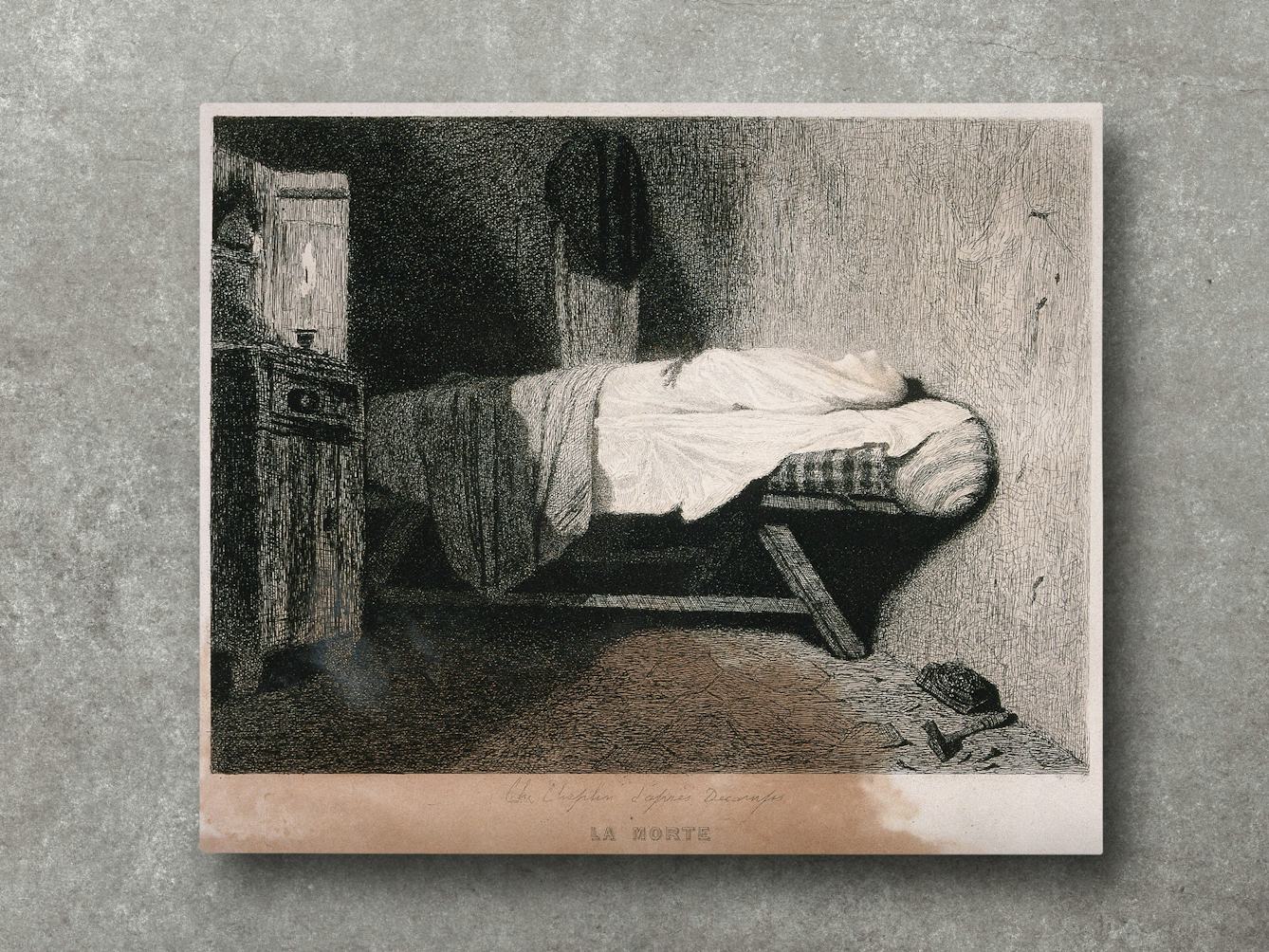
- Article
- Article
Why we no longer keep our dead at home
Today in the UK we rarely sit with, touch, or perhaps even see our loved ones after they’ve died. Past practices were very different and, Claire Cock-Starkey argues, were more helpful for those grieving.

- Article
- Article
Devilry and doom in 1666
Disastrous events and a significant combination of numbers signalled the end – or perhaps a new beginning – in 1666. But for some, this feverish period fuelled unprecedented inventiveness and development.

- Article
- Article
How hip-hop can save your mental health
Hip-hop is an unusual tool in the mental health professional’s armoury. But fans and performers can testify to the sympathetic and restorative powers of the genre.

- Article
- Article
Living with less for spiritual gain
Today, a minimalist lifestyle is trumpeted as a route to happiness. Find out what religious ascetics from history and modern proponents of the spartan-looking home can teach us.
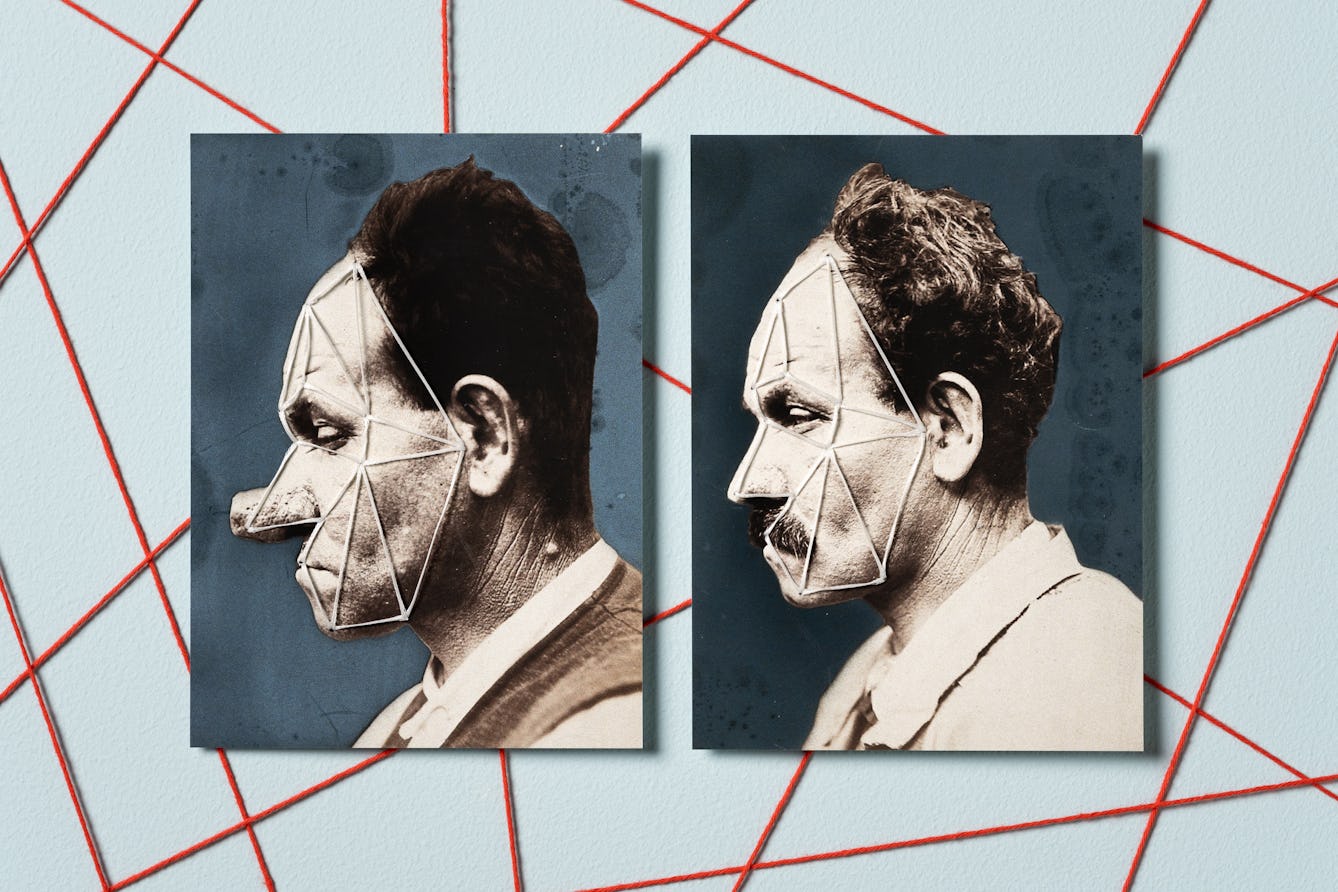
- Article
- Article
Why even plastic surgery can’t hide you from facial recognition
Once upon a time, plastic surgery allowed a few notorious criminals to evade the law. But today, sophisticated facial-recognition technology has turned dreams of anonymity to dust.

- Article
- Article
Between sickness and health
In early 2020, the subject Will Rees was studying – imaginary illnesses – took on a new relevance as everyone anxiously scanned themselves for Covid symptoms each day. But this kind of self-scrutiny is nothing new, as he reveals.

- Article
- Article
Dial ‘S’ for sex
In pre-internet days, phone boxes became a patchwork of ‘tart cards’ offering sexual services. Find out about the clandestine world they hint at.

- Article
- Article
Dying to be in nature
The modern funeral business is one that uses up precious resources and pollutes the planet. But you can make sure it’s only your memory that leaves its mark with these new and natural ways to leave this earth.
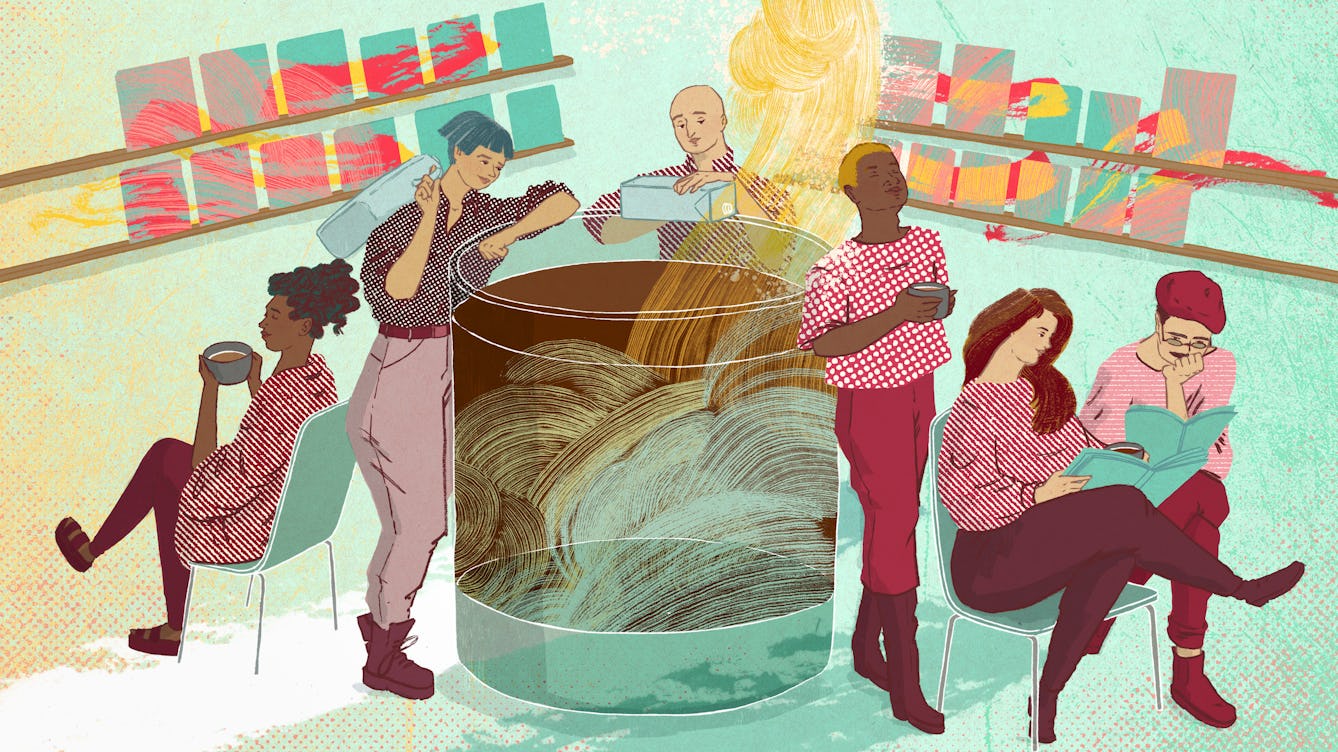
- Article
- Article
Queer cafés and gay mylk
Holly Regan explores queer London spaces where the alternative – oat milk – is the norm for the communities gathering there.

- Article
- Article
Duelling doctors
An enduring enthusiasm for 18th-century gentlemen to defend their ‘honour’ by duelling placed doctors in a delicate position. Specially when they faced being shot themselves.

- Article
- Article
Do good mothers make good democracy?
To be psychologically fit for democracy, one distinguished paediatrician argued that you need a ‘good enough mother’ – and that we must acknowledge the bad side of our feelings.